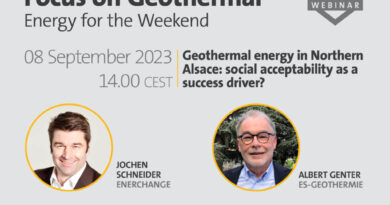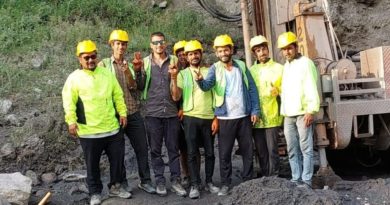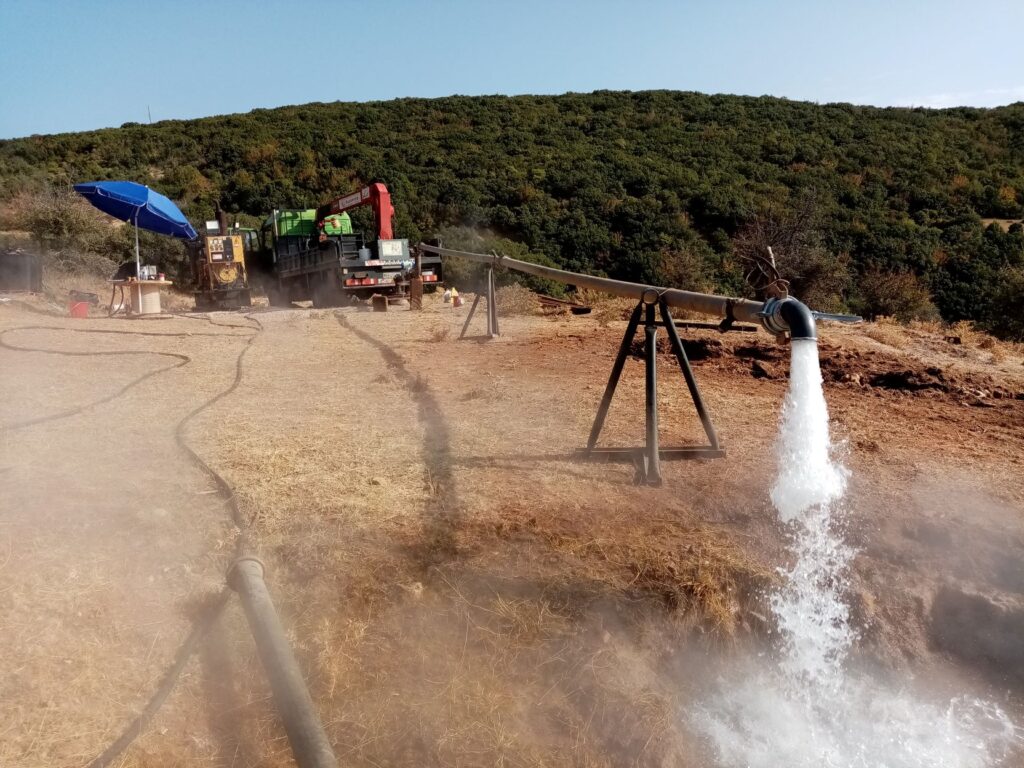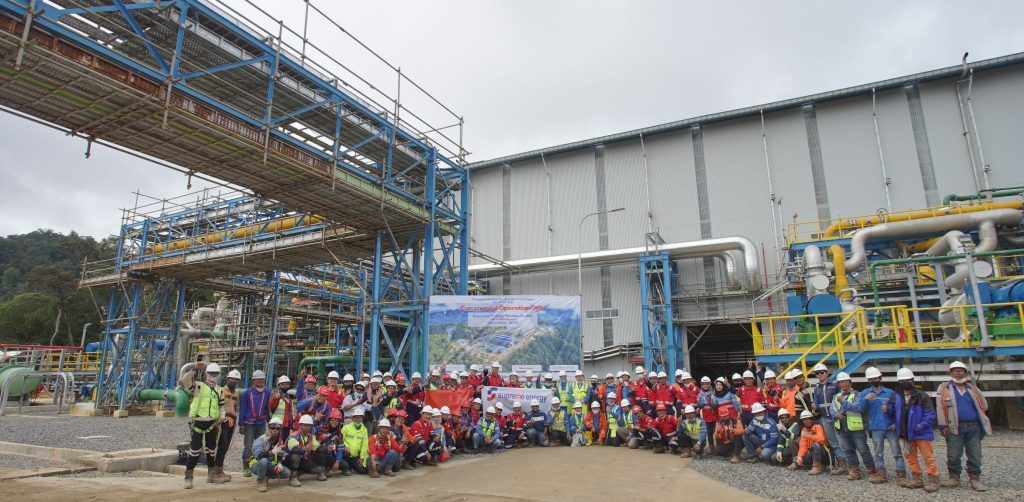PhD opportunity – AGS performance in supercritical settings, Glasgow, UK
Energy Disrupter
The University of Glasgow, UK has an open PhD opportunity for research on the performance of advanced, closed loop geothermal systems in supercritical settings.
The University of Glasgow in the UK has announced a funded PhD opportunity under the College of Science and Engineering for the topic “Performance of deep closed loop geothermal systems in unconventional settings.”
Applications will be accepted only until the 30th of September 2024. The opportunity is open to European and UK students only. Click here to register your interest.
Closed loop geothermal systems or Advanced Geothermal Systems (AGS) provide an opportunity to supply zero carbon heat and electricity using heat within the earth. Currently, the first AGS is under construction in Germany and others are under consideration, including within the UK. Compared to open-loop designs, AGSs minimise environmental risk, as they do not emit CO2 during operation, do not require permeability enhancement and the working fluid is not in direct contact with the subsurface.
Current AGSs are designed to operate at temperatures near 200 °C and depths of 3-4 km. The working fluid is heated through conduction while it circulates within the earth; at the surface, the extracted heat is used for power generation and heating. Extending the design of the AGS to near supercritical temperature (375 °C for pure water) and above will increase their energy output substantially but requires addressing fundamental technical issues.
To date, the assessment of AGS performance has focused exclusively on applications in hot-dry-rocks and conventional permeable wet rocks. Very little is known of how these systems would perform in “supercritical” or “superhot” system, which have been the subject of only limited exploration, and withstand the challenging conditions encountered around the brittle–ductile transition zone in the crust.
The aims of this research are to:
- Predict the hydraulic and thermodynamic behaviour of AGSs in supercritical settings, considering subsurface uncertainties in these frontier geological plays.
- Identify optimum closed loop designs as a function of subsurface and well parameters, modes of surface operation and power output.
- Assess the long-term integrity of wellbore materials in relation to exposure to supercritical conditions.
The successful candidate must hold a minimum of an upper Second Class UK Honours degree or international equivalent in a relevant Science or Engineering discipline.
Funding is available to cover tuition fees for Home students for 3.5 years, as well as paying a stipend at the Research Council rate (£19,237 in session 2024/25 and rising in line with UKRI levels in subsequent sessions).
Source: University of Glasgow via FindaPhD

















